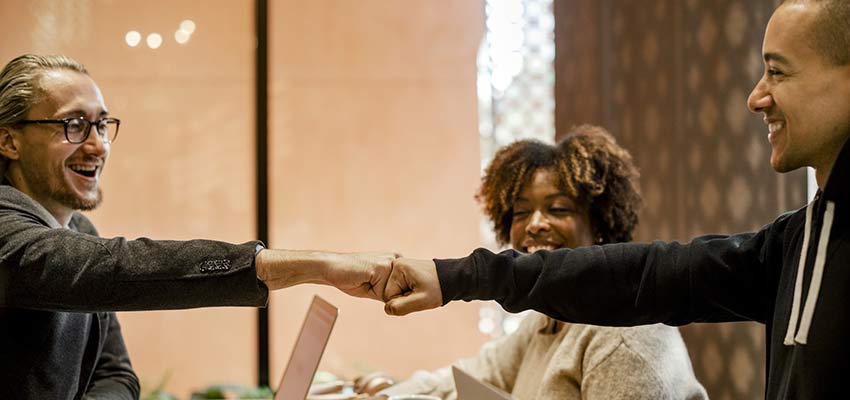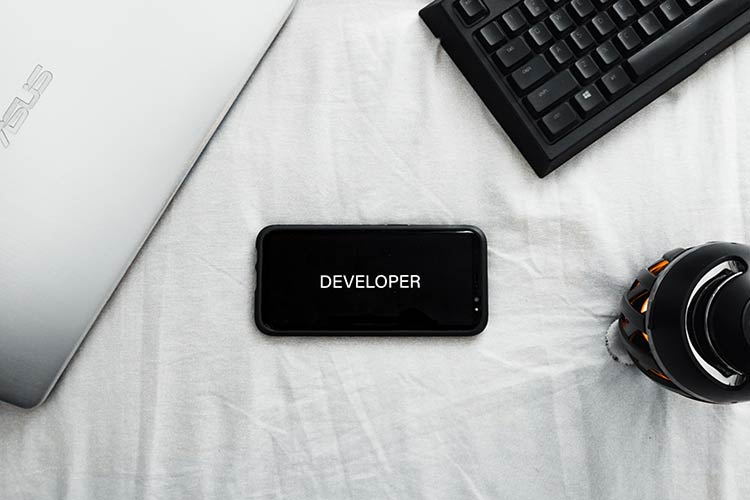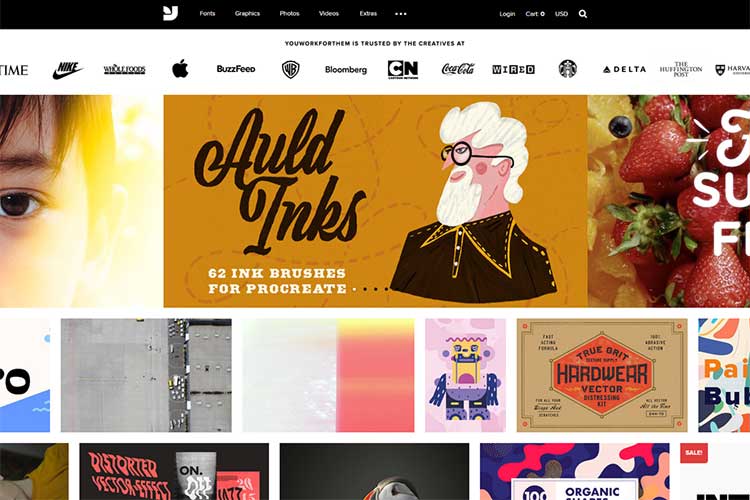When it comes to learning how to be a web designer, there are no shortage of resources you can use to gain the necessary skills. Whether it involves mastering design software such as Photoshop or becoming a proficient programmer, it’s all out there and accessible to everyone who wants to learn.
Still, there are important aspects of a design career that don’t come quite as easily. They include the lessons learned through experience – often the result of a mistake or three. And then there are the realities of the job – things that technically-minded courses don’t address.
That’s where having a mentor can be an invaluable resource. Being able to learn from someone who has made their way through a highly-competitive and challenging career path provides inspiration and encouragement. It’s the type of relationship that can help you improve in ways you might not have otherwise.
But it’s also not just a one-way type of deal. Being a mentor to another designer can also be a highly-rewarding experience in its own right.
Whether you’re interested in finding or becoming a mentor, here are a few thoughts culled from my own experiences.
The Freelance Designer Toolbox
Unlimited Downloads: 500,000+ Web Templates, Icon Sets, Themes & Design Assets
All starting at only $16.50 per month
Potential Mentors Are All Around You
While we tend to think of a mentor as someone who is older than us and perhaps wildly successful, that’s not always the case. One thing I’ve found in my career is that just about everyone has some valuable knowledge to pass along. Therefore, anytime you meet a fellow designer, you have an opportunity to learn from them.
As such, an aspiring web designer doesn’t necessarily have to attach themselves to a single mentor. Even more surprising is that, these days, you might not even need to know someone on a personal level to consider them as a mentor.
There is a massive amount of talented web professionals on social media who routinely share useful technical tips and career advice. If you’re interested in what a particular person has to say, reach out and contact them. In my experience, many are happy to have follow-up discussions regarding something they have written. You might just strike up a conversation that leads to a virtual friendship.
Of course, the more traditional mentor is an in-person relationship. Co-workers can certainly take on that role. But even if you don’t work in an office, there are still opportunities. Local meetups and conferences can be a great place to connect with others in the industry.

Become a Resource for Others
Way back when I started out as a web designer, I didn’t know anyone else who was very experienced in the field. But my passion for the work seemed to make me a natural resource for others. People often approached me with questions. So, there I was, not even out of my teens and giving advice to others who aspired to become web designers. Whether that advice was any good is probably another story altogether!
Over the years, that trend has continued. It feels both incredibly good and humbling to provide even a small bit of advice to someone who is on their own web design journey. That’s why I’d encourage you to do the same. It doesn’t have to be difficult or time-consuming, but it can make a positive impact on your life and that of someone else.
Getting started is easy as there are plenty of ways to become involved. If you’re a social media user, send your thoughts out there into the universe or join a group dedicated to web design. You can also write your words of wisdom in a blog or provide help to someone asking a question in a forum. In-person events are also a great place to help out by speaking or volunteering at a support desk, such as a WordCamp “Happiness Bar”.
The key is to share your experiences – both the good and the bad. Every career has its ups and downs, and others can benefit from what you have learned. You don’t have to be charismatic in any Steve Jobs sort of way, just be open and honest.
From there, a willingness to take someone “under your wing”, even casually, can be a great experience.

A Culture of Helping
Whether you’re the one giving or receiving advice, you stand to benefit. Receiving a helpful tip or two may not completely change your life, but it can give you that extra bit of insight that fuels your evolution as a designer. And helping to guide a fellow designer not only feels good, it can also result in giving more thought to your own direction.
Either way, keep in mind that nobody is perfect. Sometimes advice doesn’t work out or isn’t quite as relevant as you’d hoped. Or maybe that person you’re trying to help is going to go off the rails and make bad decisions. That’s no reason to sour on the experience or the potential of the next one.
One of my favorite aspects of this career is that designers inherently want to help others. You don’t always see that in other industries. So, if you want to be a better web designer – get involved. You’ll be glad you did.
This post may contain affiliate links. See our disclosure about affiliate links here.




